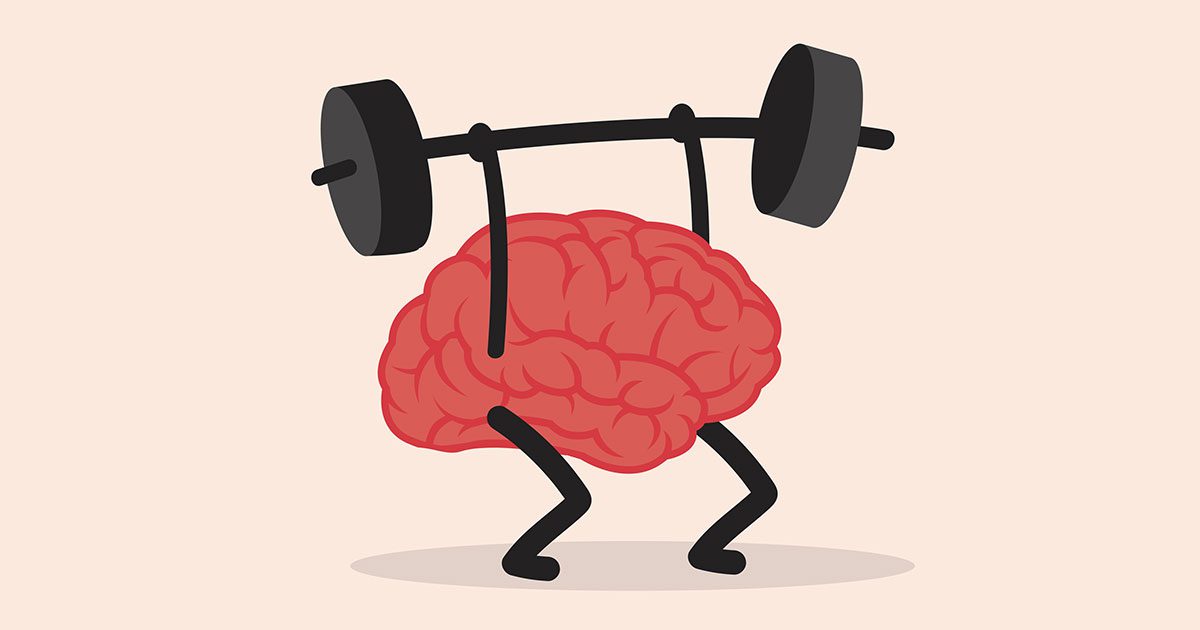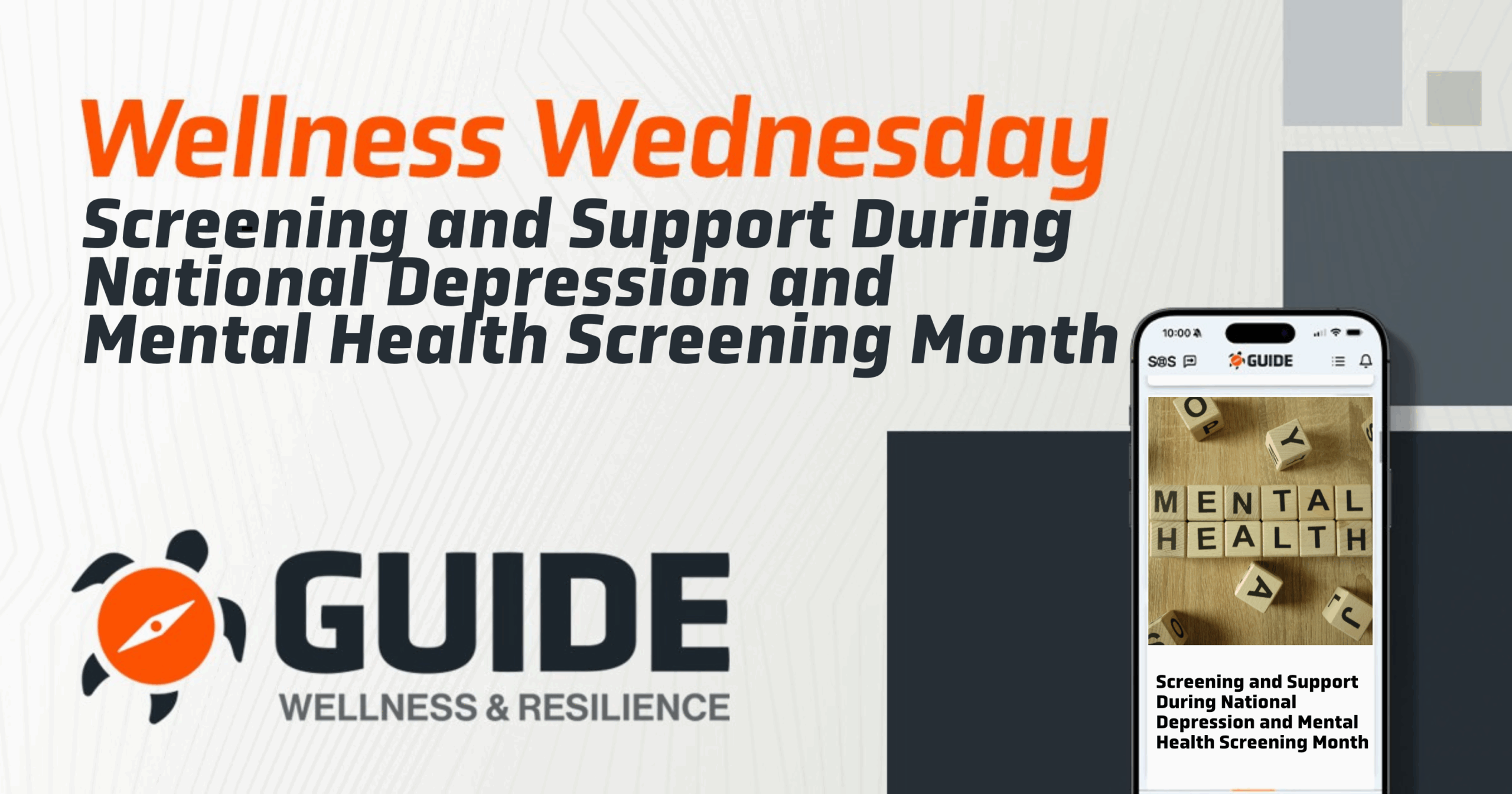In recent years, the lines between physical and mental health have begun to blur as scientists uncover the deep connections between the two. A compelling article from The Economist titled “Many Mental-Health Conditions Have Bodily Triggers” sheds light on how certain physical health issues can significantly impact mental well-being, leading to conditions like anxiety, depression, OCD, and even psychosis.
The article tells the story of Jessica Huitson, a young girl whose severe symptoms were initially dismissed as anxiety but were later discovered to be caused by an autoimmune response triggered by a bacterial infection. Her experience is not unique. Increasing evidence shows that conditions like infections, autoimmune diseases, and metabolic disturbances can be the underlying causes of mental health disorders. This challenges the traditional view in psychiatry, which has long focused on treating symptoms without always exploring the physical triggers that may be at play.
The Need for a Shift in Understanding
Historically, psychiatry has centered around the classification of symptoms, leading to treatments that often don’t address the root causes of mental health conditions. This symptom-focused approach, while helpful in standardizing diagnoses, may miss the mark in truly understanding and treating mental health issues. The emerging evidence suggests that mental health conditions could often be the result of physical health problems, such as infections, inflammation, and metabolic disturbances.
For instance, conditions like anti-NMDA-receptor encephalitis—a disease where the body’s immune system mistakenly attacks the brain—can cause psychiatric symptoms such as paranoia, hallucinations, and aggression. When these physical health issues are identified and treated, the associated mental health symptoms can significantly improve. This highlights the importance of a holistic approach to mental health care that considers both physical and mental factors.
The GUIDE App’s Approach to Mental Wellness
At The GUIDE App, we believe in a holistic approach to mental health and wellness. We understand that mental health isn’t just about managing symptoms but also about addressing the root causes and supporting overall well-being. Our app offers a range of tools designed to help individuals build resilience, manage stress, and improve their mental health. These include micro-learning modules, guided practices, and anonymous peer support groups.
By integrating these tools into daily life, The GUIDE App helps users develop the emotional and mental resilience needed to manage both the psychological and physical triggers of mental health issues. Whether it’s through stress reduction techniques or building a supportive community, our app is designed to empower users to take control of their mental wellness.
Moving Forward: The Future of Mental Health Care
As the field of psychiatry continues to evolve, it’s becoming increasingly clear that a deeper understanding of the physical triggers behind mental health conditions is essential. By combining this knowledge with innovative tools like The GUIDE App, we can offer more comprehensive and effective support to those struggling with mental health challenges. Our mission is to empower individuals to achieve better mental wellness by addressing all aspects of their health—both physical and mental.




